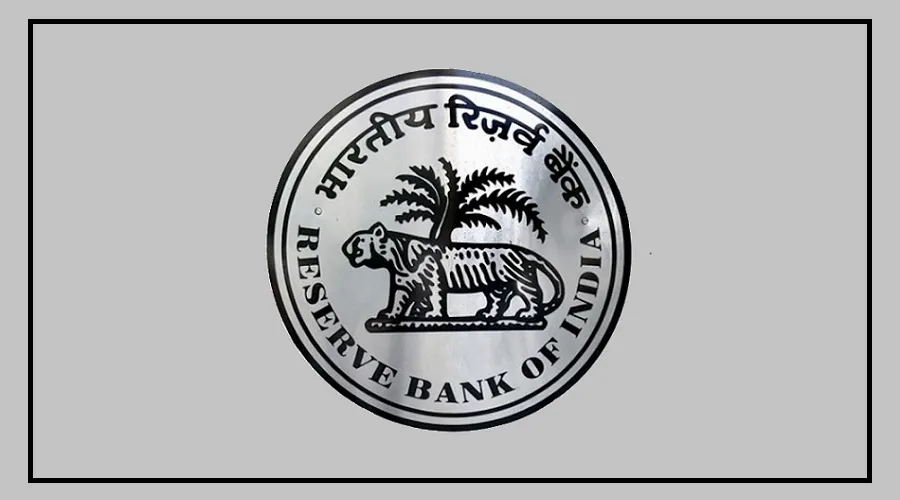The Reserve Bank of India (RBI) is planning to introduce a rule where loan companies could lock the phones of people who don’t pay their EMIs (loan installments) on time.
This would help reduce the number of unpaid loans, also known as bad debts, in banks and financial institutions.
If implemented, loan providers will get permission to lock a borrower’s phone remotely.
However, some people feel that this rule might violate consumer rights.
To understand the full picture, it’s also important to know how this remote phone-locking technology works.
Changes Coming to the Fair Practice Code
According to Reuters, RBI will soon update its Fair Practice Code, which loan companies must follow.
The new version will include:
Mandatory customer consent before a phone can be locked.
Strict rules against using or accessing a customer’s personal phone data.
Although RBI had banned this phone-locking practice last year, it is now reconsidering it after discussions with banks and financial institutions.
The new rule could be reintroduced with more protections for customers.
Customer Data Will Stay Safe
RBI wants to ensure that customers’ privacy is protected.
Even if a phone is locked due to a missed EMI, the private data like photos, messages, and contacts will remain safe.
Banks and loan apps will not be allowed to access personal data.
The updated guidelines are expected to be added to the Fair Practice Code in the coming months.
This rule could make loan recovery easier, and may also help people with low credit scores get loans more easily, as companies will feel more secure.
How Phone-Locking Technology Works
Here’s how the system would function:
When a person takes a loan, the company installs an app on their phone.
If the borrower misses an EMI, the app will send reminders.
If payment is still not made, the company can lock the phone remotely through the app.
Once the EMI is paid, the phone is unlocked using a code or process provided by the lender.
This kind of technology, often called an EMI Locker App, helps lenders ensure repayments.
But there are also concerns about data leaks and misuse of this system, which is why strict rules are being planned.

























